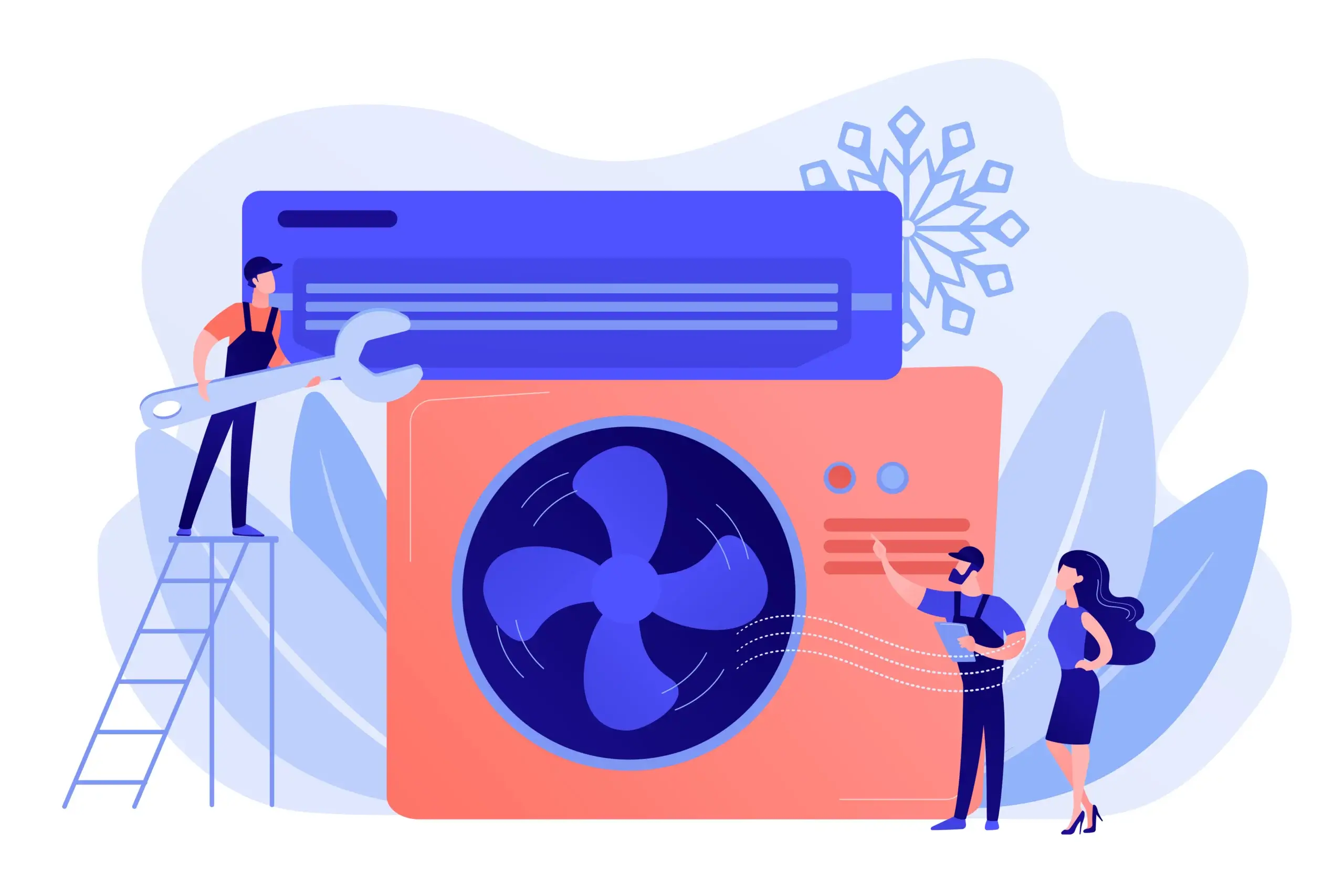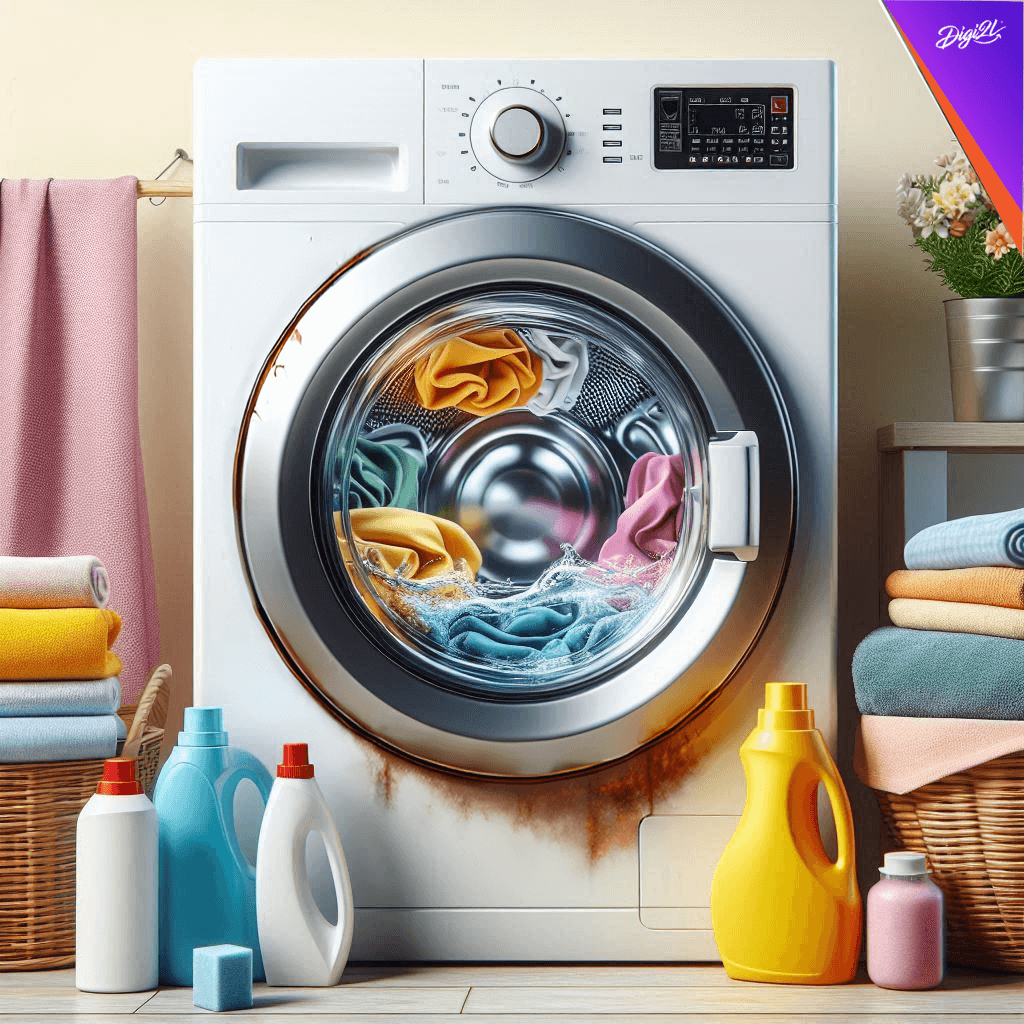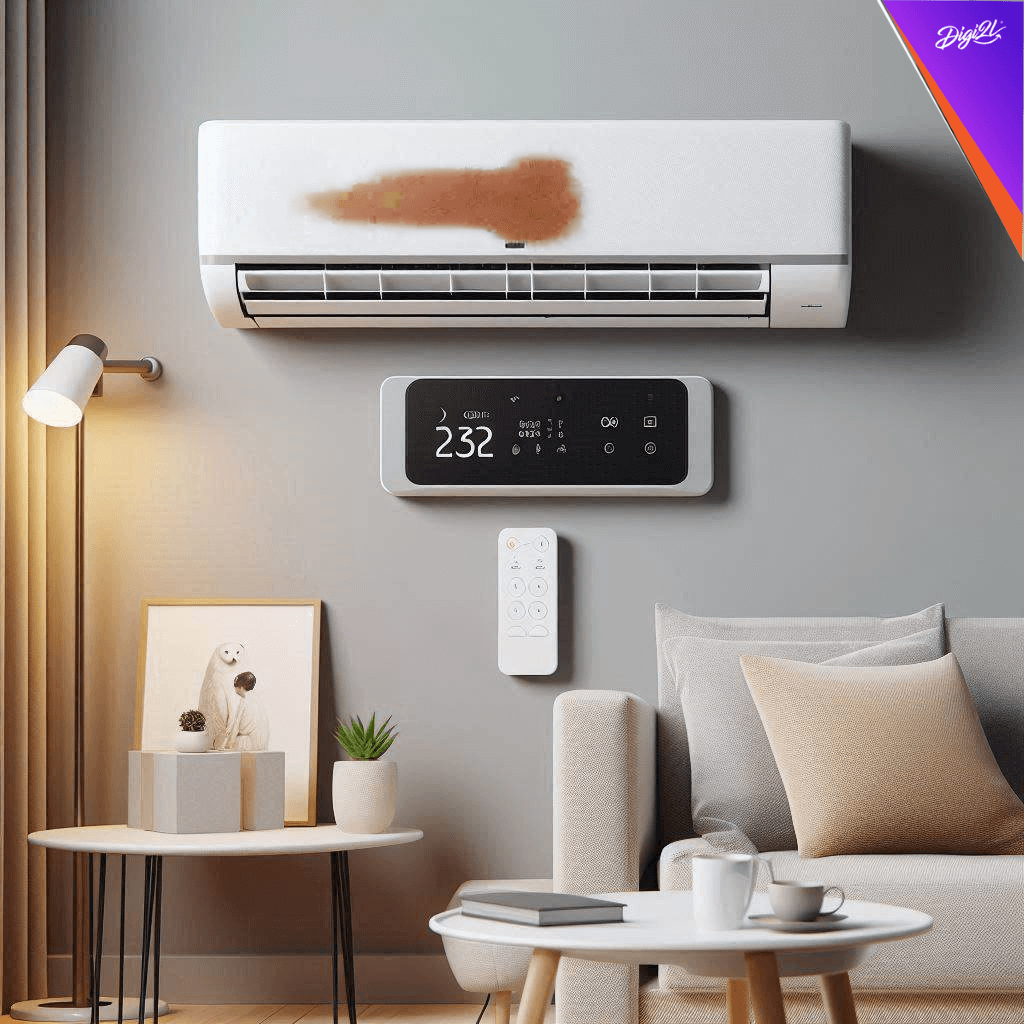
Please Wait ...


Blogs> DIY Guide: How to Clean Your Air Conditioning Unit for Improved Efficiency and Lifespan

Regular maintenance is essential for maximizing the efficiency and lifespan of air conditioning (AC) units. While professional HVAC technicians are best suited for thorough cleaning, homeowners can perform some maintenance tasks themselves to ensure their AC units remain in peak condition. Always prioritize safety by switching off the power to the unit to avoid electrical damage during cleaning. Clean or replace the air filter to maintain airflow and efficiency, ensuring it remains free from dust and debris. Use a soft brush or vacuum to gently clean the evaporator coil, removing dirt without causing damage to the delicate fins responsible for heat absorption. Clear away debris such as leaves and dirt from the condenser coil by spraying it with a garden hose from the inside out to maintain optimal heat exchange. Utilize a fin comb to straighten any bent fins on both the evaporator and condenser coils, allowing for unrestricted airflow. Remove accumulated dirt or debris from the fan blades with a wipe or brush to ensure proper airflow. Ensure the drainage system is clear of blockages to prevent water damage and mold growth. Following these self-cleaning guidelines can help homeowners improve the efficiency and longevity of their AC units. However, if uncertain about any cleaning steps, seeking professional assistance is advisable to ensure thorough and safe maintenance. Regardless of who performs the maintenance, regular upkeep is crucial for optimal AC performance and cost-effective operation.
When it comes to keeping your air conditioning unit running smoothly, regular maintenance is key. One of the most important maintenance tasks you can do is cleaning the AC unit. While it’s always best to have a professional HVAC technician clean your unit, if you’re confident in your DIY skills, you can clean your AC at home.
Here are some things to keep in mind while self-cleaning your AC:
Turn off the power: Before you start cleaning your AC, make sure to turn off the power to the unit. This will ensure that you don’t accidentally damage any electrical components while cleaning.
Clean the air filter: The air filter is one of the most important components of your AC unit. It collects dust and other particles from the air, which can reduce the efficiency of your unit. Remove the air filter and clean it with soap and water or replace it with a new one if it’s too dirty or damaged.
Clean the evaporator coil: The evaporator coil is responsible for absorbing heat from the air, so it can become dirty over time. Use a soft brush or a vacuum cleaner with a soft brush attachment to gently clean the evaporator coil. Be careful not to damage the delicate fins on the coil.
Check the condenser coil: The condenser coil is located outside and can become dirty from debris such as leaves and dirt. Use a garden hose to gently spray the condenser coil from the inside out to remove any debris.
Check the fins: The fins on the evaporator and condenser coils are delicate and can become bent or damaged easily. Use a fin comb to straighten any bent fins to ensure that air can flow freely through the coils.
Clean the fan blades: The fan blades can also become dirty and reduce the efficiency of your unit. Use a soft cloth or brush to clean the fan blades and ensure they’re free from any debris.
Check the drainage: Make sure that the drainage system is clear and free from any blockages. Use a vacuum or a pipe cleaner to remove any dirt or debris from the drain line.
In conclusion, self-cleaning your AC unit can help improve its efficiency and prolong its lifespan. However, if you’re unsure about any of the cleaning steps, it’s best to consult with a professional HVAC technician to ensure that your unit is cleaned properly and safely.
Image by vectorjuice on Freepik

By Digi2L - June 8, 2024

By Digi2L - June 7, 2024

By Digi2L - June 6, 2024